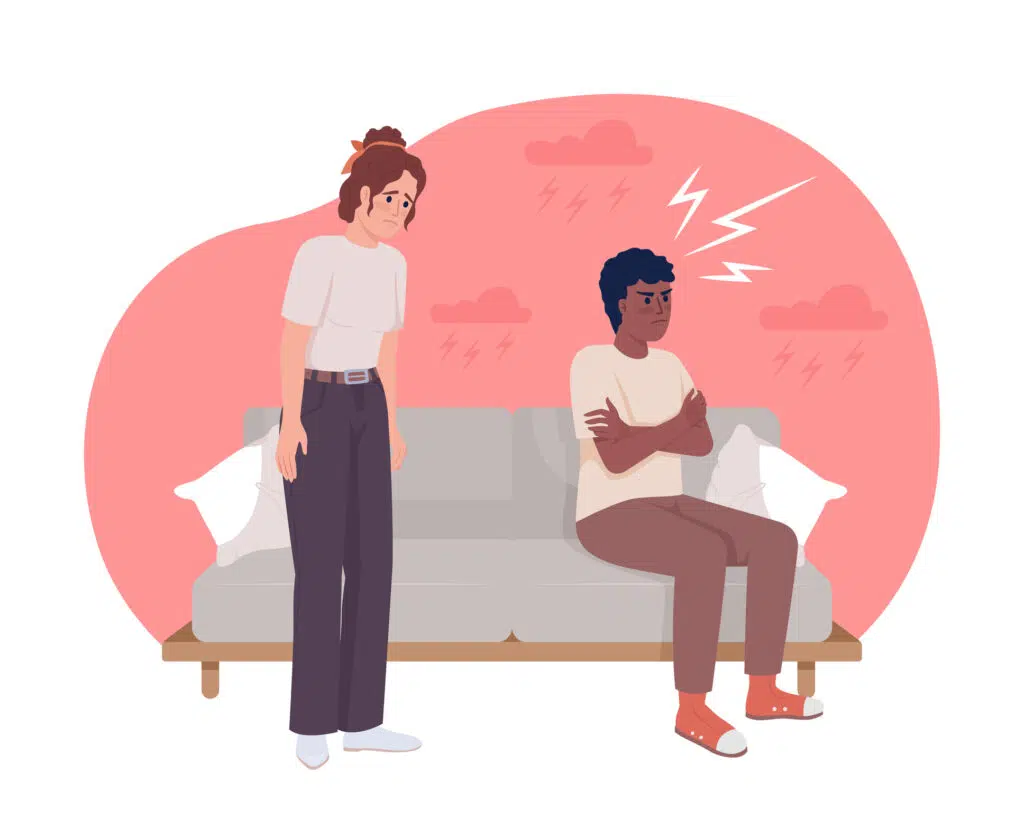You Don’t Have to Manage A Phobia Alone

The experiences associated with a phobia can be overwhelming and isolating, but you don’t have to face them alone.
At Thriving Center of Psychology in Midtown Manhattan in New York City, our experienced medical team understands how one or more phobias can interfere with your life experience and self-confidence. We offer customized plans that use state-of-the-art treatments that can help you regain control over your phobias.
Understanding the basics of a phobia
A phobia involves a deep-seated fear or anxiety relating to a place, situation, or object. There is no limit to what can trigger anxieties and dread relating to a phobia, but some of the most common phobias include:
- Claustrophobia (fear of confined spaces)
- Social phobia (social anxiety disorder)
- Acrophobia (fear of heights)
- Aviophobia (fear of flying)
- Agoraphobia (fear of open spaces)
You may also be afraid of specific situations surrounding medical care (hemophobia) or dental work (dentophobia).
Many phobias begin due to a negative experience in the past. You may also develop a phobia because of learned behaviors from your parents or other people in your life. In some cases, a phobia may be genetically based or relate to changes in the way your brain functions.
When to consider treatment for a phobia
Many people live with a phobia for years without relief because they don’t realize help is available. At Thriving Center of Psychology, we recommend seeking an evaluation for a phobia if the symptoms you experience negatively impact your quality of life.
For instance, if you have physical symptoms that are triggered by a person, place, or thing, you should consider treatment. Negative side effects of a phobia can include:
- Panic
- Rapid heart rate
- Breathing difficulties
- Chest pain and tightness
- Gastrointestinal discomfort
- Uncontrollable shaking or trembling
These issues may have a significant impact on your physical health, personal life, and ability to work. For many people, a phobia can limit enjoyment of certain activities or life in general, which can lead to isolation, depression, and other mental health issues.
Yes, you can get help for a phobia
At Thriving Center of Psychology, our specialists treat phobias by creating customized virtual-reality videos.
These videos focus on stimulating realistic situations that may trigger your phobic anxieties. However, in the controlled environment, your provider works closely with you to track physical symptoms, such as a racing heart, to help you become desensitized to the experience.
In addition to the effective virtual-reality videos, we offer cognitive behavior therapy (CBT) and psychotherapy (talk therapy).
You may also be a candidate for neurofeedback therapy using EEG biofeedback or electroencephalographic technology. This noninvasive treatment can help improve a wide range of mental health conditions and can also compliment your other phobia therapies.
If you need assistance in managing a phobia, we can help. To learn more, book an appointment online or over the phone with Thriving Center of Psychology today. We also offer online virtual therapy sessions for your convenience.

How to Move On After a Friendship Breakup
Friendship breakups can sting just as much as a romantic breakup. After all, you’re experiencing a loss of shared history and an understanding of each other that can leave you feeling lonely and isolated. Not all friendships are forever, but moving on from the loss of a friendship does take time and some self-compassion.

Signs You’re in a Toxic Relationship
A toxic relationship can chip away at your well-being and happiness. Toxic partners can be manipulative and charming, making it difficult to recognize the signs that you’re in a toxic relationship. You deserve to be in a supportive and healthy relationship.

10 Common Marriage Reconciliation Mistakes to Avoid After Infidelity
Infidelity can leave couples devastated. If you’ve been affected by infidelity and want to salvage your relationship, rebuild trust, or make a tough decision, keep reading for 10 common reconciliation mistakes to avoid after infidelity.

Survey: 72% of Americans are Stressing About the Upcoming Presidential Election
Political viewpoints in the U.S. have always been contentious, but is the impact of politics in the United States making it difficult for people to live their everyday lives? With some anticipating another brutal and long campaign season ahead of the upcoming 2024 presidential election, nearly half of Americans say politics is negatively impacting their mental health.




